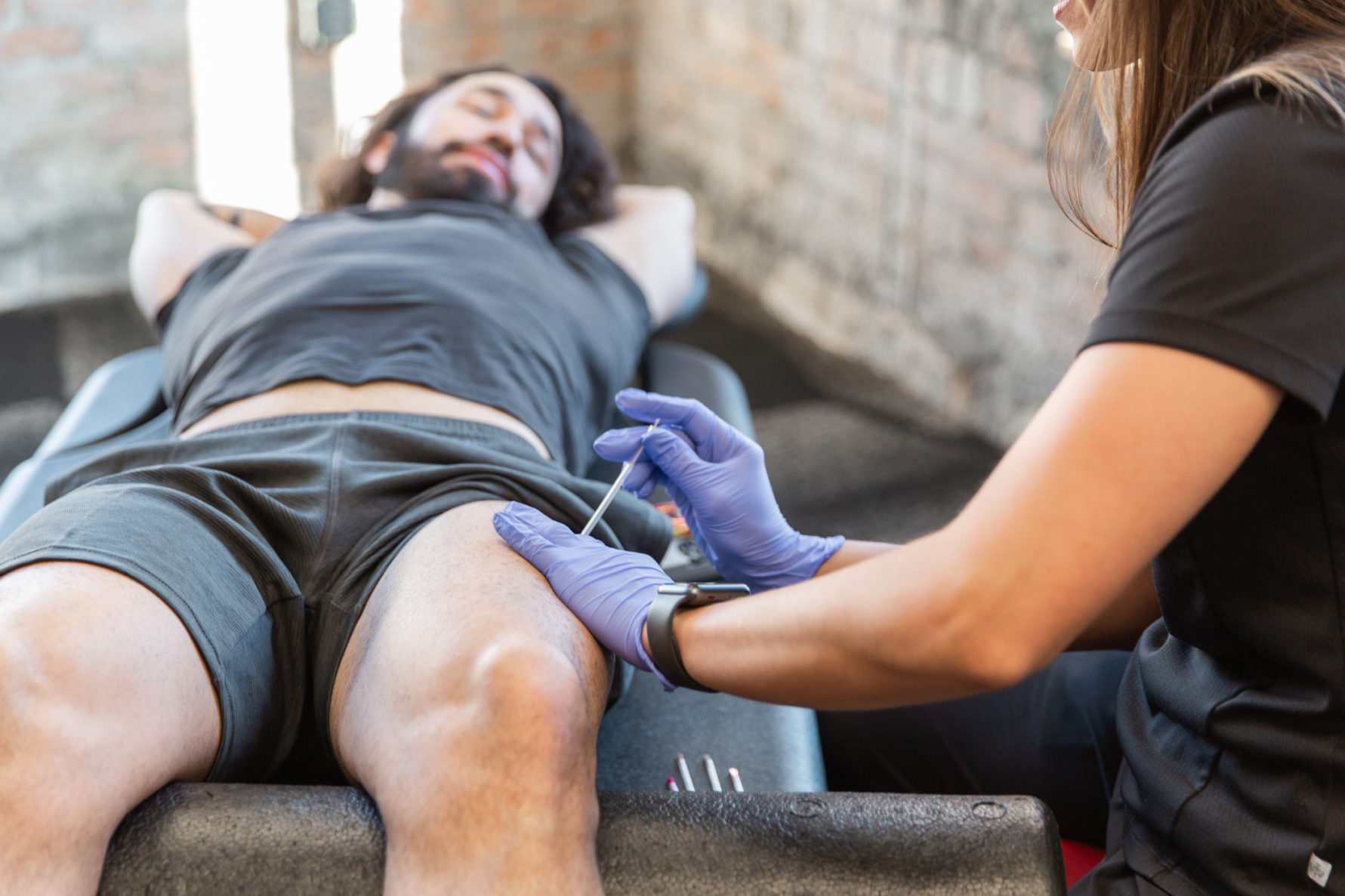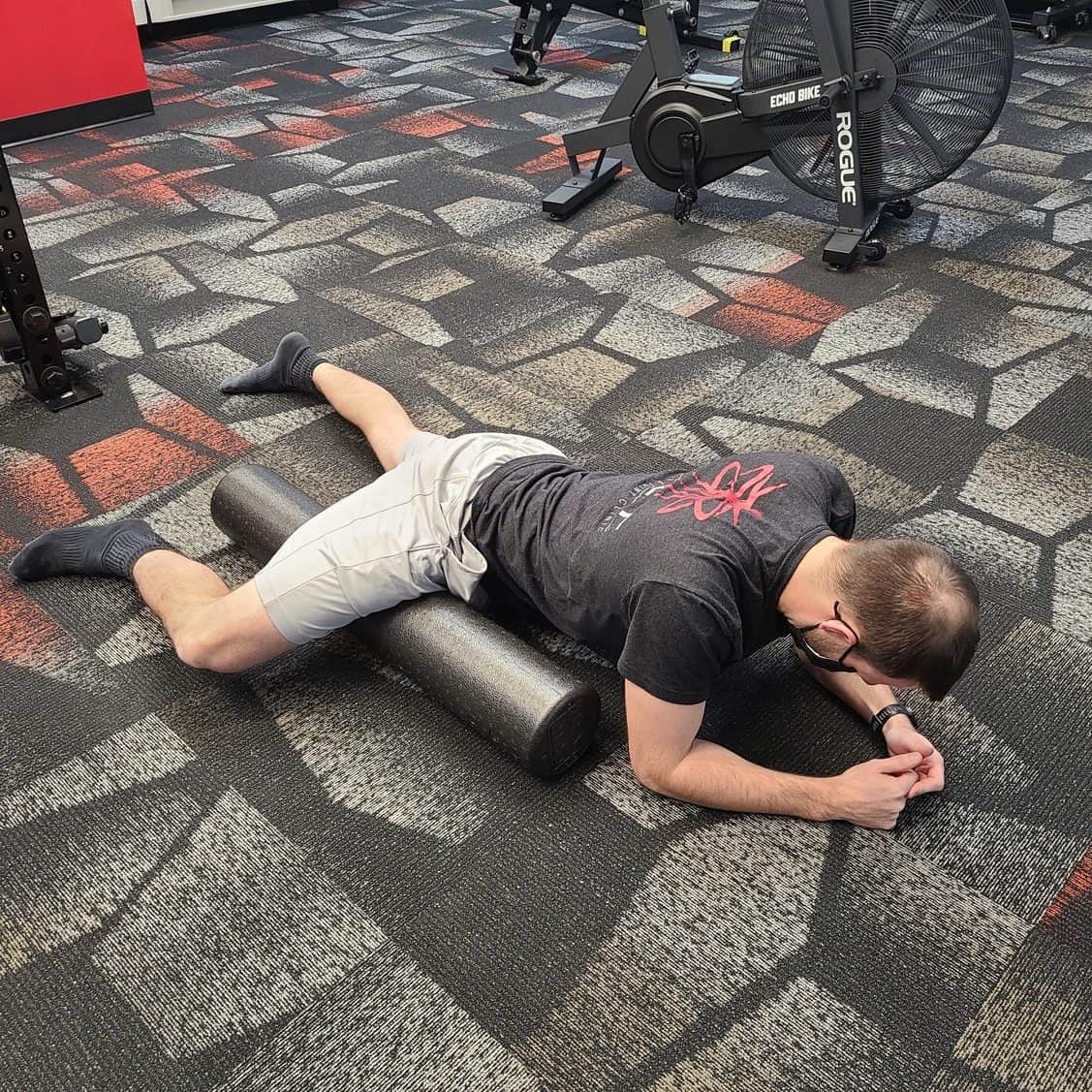
What is inflammation?
Inflammation is the body’s natural defense against danger, be it a simple scratch or a chronic autoimmune condition like Rheumatoid Arthritis (RA), Ulcerative Colitis or Graves Disease. Inflammation plays an essential role in healing the body and keeping it safe, healthy, and free from harm. However, too much of a good thing, isn’t always a good thing—as is the case with inflammation.
The immune system creates inflammation to protect the body and is comprised of a complex network of cells and proteins that defend against infection and chronic illness. The immune system is divided into to two distinct parts: innate and adaptive.
Innate immunity is pre-programmed into the human genome. This part of your immune system “innately” activates an army of white blood cells to go to the site of injury and begin the healing process.
In contrast, the adaptive immune system has the advantage of learning and remembering, meaning it takes longer to react, but is more accurate overall. This is because the adaptive immune system keeps a record of all of the bacteria that it has ever come in contact with, so it can recognize and destroy it if/when the body encounters it again.
With this in mind, both parts of the immune system can create inflammation and there are two main types that are important to differentiate: acute and chronic.
Acute vs Chronic
Acute inflammation protects against severe and immediate stressors. This type of inflammation is localized and subsides once the threat is gone, like in the case of a cut or a seasonal cold.
Chronic inflammation, on the other hand, is systemic and ongoing which poses a serious health risk and if not addressed can lead to chronic conditions like RA. This type of inflammatory response is often the root cause of disease. In fact, inflammation is at the root of many diseases worldwide. Thus, it is imperative to address inflammation in order to achieve optimal health.
Most of the time, you don't need to worry too much about acute inflammation. The white blood cells will rush to the site of injury, start the healing process and then retreat. However, if the pain is too much to bear consider natural remedies/therapeutic techniques such as:
- Massage
- Acupuncture
- Sensory Deprivation Tanks
- Physical Therapy
- Cold Compress
- CBD Salve
- Castor Oil Packs
- White Willow Bark
- Magnesium
- Prolo Drops
Chronic inflammation can be a bit trickier to navigate as it is often invisible. While you can absolutely incorporate the above therapies to manage chronic inflammation, below are a few options to nip that chronic inflammation in the bum for good:
The best thing you can do for yourself is pay a visit to your primary care physician and ask for blood test that measures the protein CRP (C-reactive protein) which rises in response to inflammation.
Consider adopting an anti-inflammatory / Mediterranean style of eating. While there is little evidence that a specific type of diet can prevent chronic inflammation. Certain foods are associated with either promoting or inhibiting the inflammatory response, so a simple change in diet, could very well be the answer you are looking for.
Don’t forget to move your bod! Even something as little as walking for 20 minutes can have anti-inflammatory effects. •
Finally as a more extreme measure, you may be interested in Prolotherapy. This homeopathic treatment involves the injection of dextrose into the site of inflammation to alert the white blood cells to come to the surface and clean up shop. This therapy is definitely a more invasive treatment which warrants consulting your physician prior to treatment .
As a Yoga instructor, teaching upwards of 4x a day, I understand chronic inflammation and know how frustrating it can be, especially when you feel like you have tried everything under the sun with little results. With that in mind, please feel free to reach out for further resources or to book a FREE nutrition consult and take back the reigns of your health, like yesterday.



